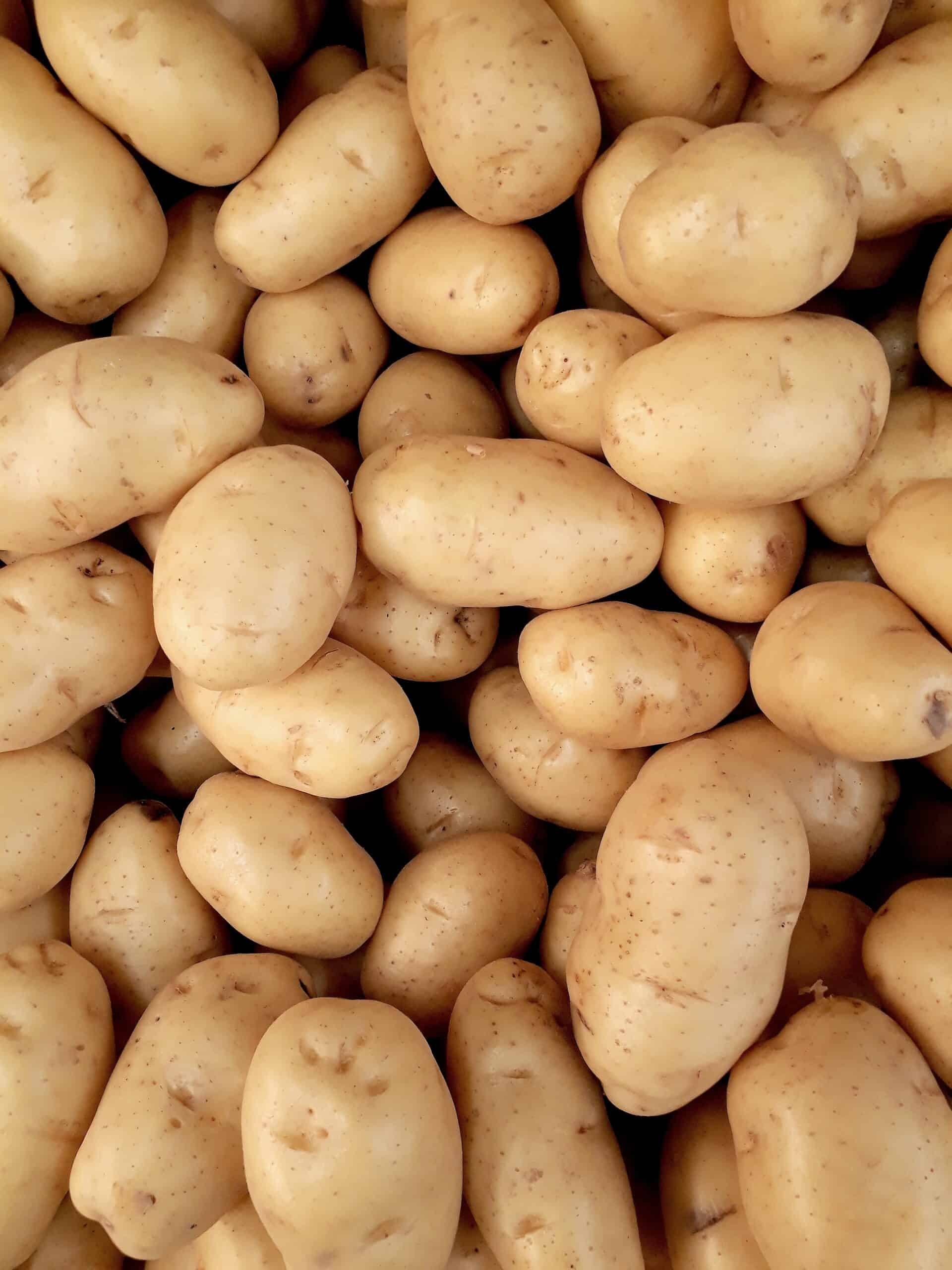In honor of Earth Day, we’re sharing interesting factoids all week long about Wisconsin potato growers. As farmers, we’re stewards of the land — we understand the value of protecting our resources for future generations. It’s so important to us that we established the Wisconsin Eco-Potato Partnership in 1996 — and were joined in our efforts by the World Wildlife Fund, Defenders of Wildlife, the University of Wisconsin and the International Crane Foundation.
Why is it important for American farmers to get involved with conservation efforts? Well, two-thirds of the land in this nation is privately owned — and the majority of it is used for agricultural purposes. Around the world, conservation groups and ecologists are teaming up with farmers for long-term conservation efforts. As Jeb Barzen, Director of Field Ecology for the International Crane Foundation notes, “We have to realize that farms do more than simply provide produce — they can provide clean ground water, biological diversity, carbon accumulation, healthy soil and improved natural lands and homes for myriad species. “Farmers have a strong land ethic — but they don’t necessarily have the resources or tools needed to care for the land as much as they, or we, might wish. Conservationists and farmers have great opportunities to collaborate and solve most environmental problems that society faces worldwide, and through collaboration we can implement many conservation activities.”
As part of our conservation efforts, Wisconsin Healthy Grown potato growers work to restore damaged lands and water sources, improve biodiversity and preserve the unfarmed portions of our land. Think of it like this — on average, 15%-30% of the land a Healthy Grown farmer has is not being used for agriculture. That’s land that can be restored as a natural community. Larry Alsum, CEO of Alsum Farms & Produce, “think of the environmental impact we could have if every farmer in the U.S. worked to restore that acreage. Those dry corners and unfarmed lands could provide healthy, diverse habitats for animals, improve pollination and nutrient uptake — even effect water uptake. Small steps on private lands could lead to big results for all of us.”
Larry is a leader in eco-conservation who works closely with ecologists from the University of Wisconsin-Madison to restore the native lands around him. As a result, he’s successfully restoring native oak-pine barrens and dry-mesic prairies, while eliminating non-native invasive species and helping to improve the biodiversity of both flora and fauna.
Intrigued? Read all about Larry’s restoration efforts in “Of Potatoes, Butterflies, Cranes, Pines and Prairies.”

